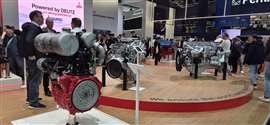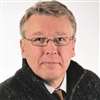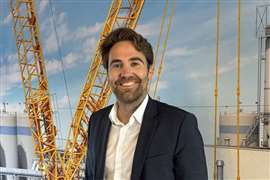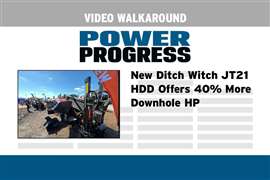Read this article in Français Deutsch Italiano Português Español
Bauma Interview: Bert van Hasselt, Deutz
22 April 2025
Power Progress International met with Deutz’s Bert van Hasselt at the recent Bauma trade fair in Munich to discuss future plans for the New Technology division
 The Deutz stand at Bauma 2025 featured a review of recent engine history, finished with a display of...
The Deutz stand at Bauma 2025 featured a review of recent engine history, finished with a display of...POWER SOURCING GUIDE
The trusted reference and buyer’s guide for 83 years
The original “desktop search engine,” guiding nearly 10,000 users in more than 90 countries it is the primary reference for specifications and details on all the components that go into engine systems.
Visit Now
STAY CONNECTED




Receive the information you need when you need it through our world-leading magazines, newsletters and daily briefings.
CONNECT WITH THE TEAM














